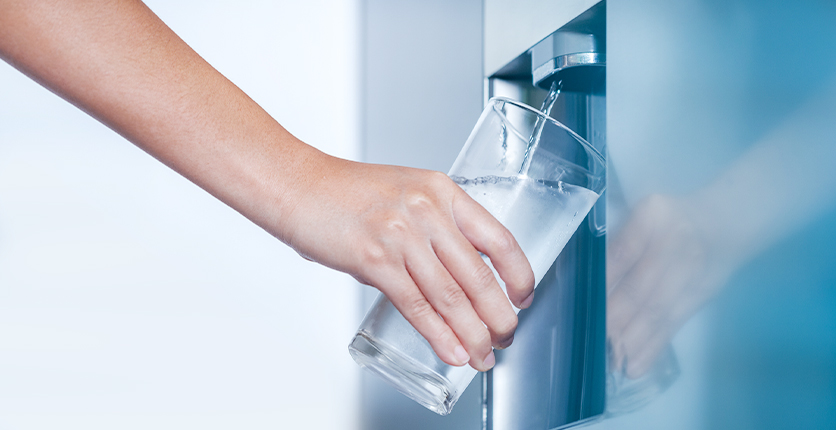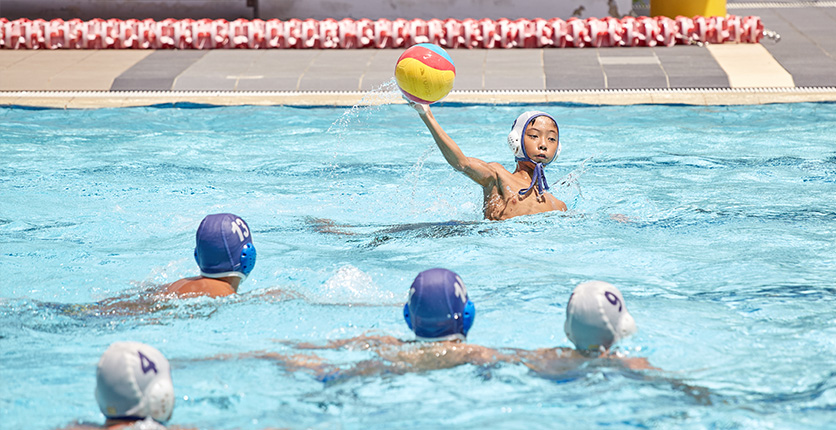As the mercury rises, most of us will do everything we can to keep cool. But are you also making it a point to stay hydrated?
Drinking enough water every day is important for many reasons. Besides quenching our thirst and facilitating the elimination of waste from our kidneys, it helps replenish water lost through perspiration and other bodily processes. In addition, it regulates body temperature, delivers nutrients to cells, lubricates our joints, and helps with digestion and weight management.
But how do you know you’re adequately hydrated? What foods boost our hydration levels? And what may happen if you don’t consume enough fluids? Alicia Davenport, naturopath and nutritionist with Chi Tree Health has the answers.
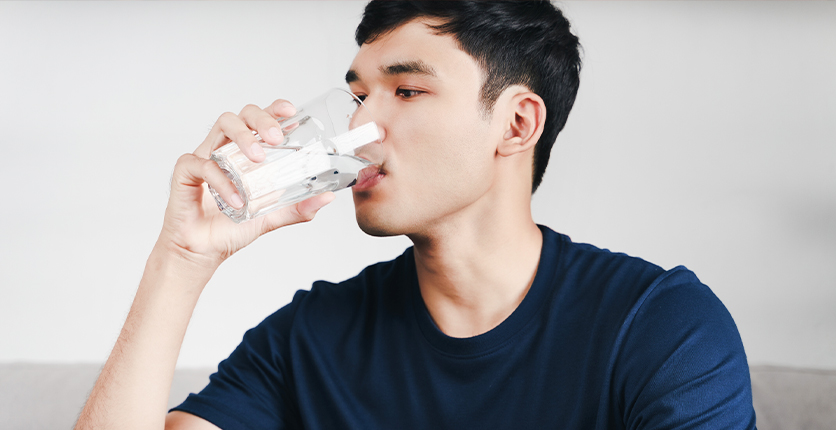
Q: How much water should the average adult drink daily?
Alicia: The recommended amount for a typical adult is 1.5 to 2 litres a day. Generally, I recommend you drink half your body weight (in pounds), in ounces. So, if you weigh 200 pounds (about 90kg), for example, you should drink 100 ounces of water (about 3 litres) a day.
If you’re physically active – and particularly if you do intense forms of exercise like endurance sports – you tend to lose a lot of fluid through perspiration, so you’ll need to drink more water with electrolytes to compensate for this loss. The key to staying properly hydrated during exercise is to “pre-load”, or to drink adequate fluids before your workout session.
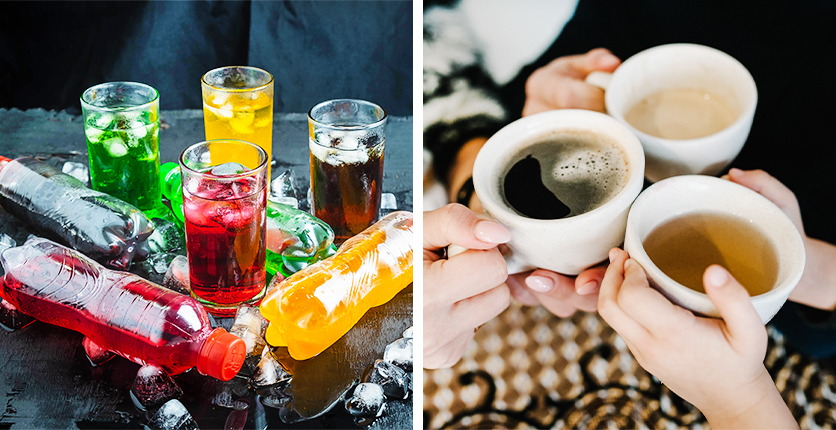
Q: Do beverages like soft drinks, tea, coffee and milk count in our efforts to stay hydrated?
Alicia: Many beverages actually remove water from the body even though they are composed primarily of water. Non-caffeinated and herbal teas, such as peppermint, fennel, chamomile and spearmint, for instance, do count towards hydration and are healthier choices when looking to increase hydration levels.
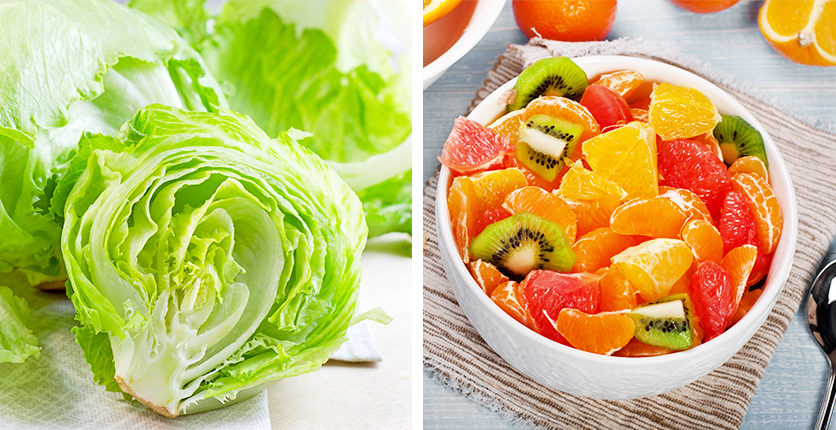
Q: What foods can assist with hydration, and what foods are dehydrating?
Alicia: Certain fruits and veggies boost hydration levels and count towards your overall fluid intake. These foods are also packed with electrolytes like magnesium, calcium, sodium and potassium, which help maintain our overall electrolyte balance.
Healthy hydrating foods include:
- Cucumber
- Coconut water
- Celery
- Iceberg lettuce
- Citrus fruits
- Radish
Many people are chronically dehydrated due to the amount of caffeinated drinks they consume. Drinking coffee throughout the day often leaves little room for water. If this sounds like you, I recommend slowly reducing your coffee intake and adding a magnesium or electrolyte supplement to your water to help replenish the minerals you’ve lost from drinking too many caffeinated drinks.
Try cold-pressed juices from Mougou Juice as another option to stay hydrated. SAFRA members receive 15% off sitewide and a free reusable straw (worth $11); more info at www.safra.sg/promotions/mougou-juice
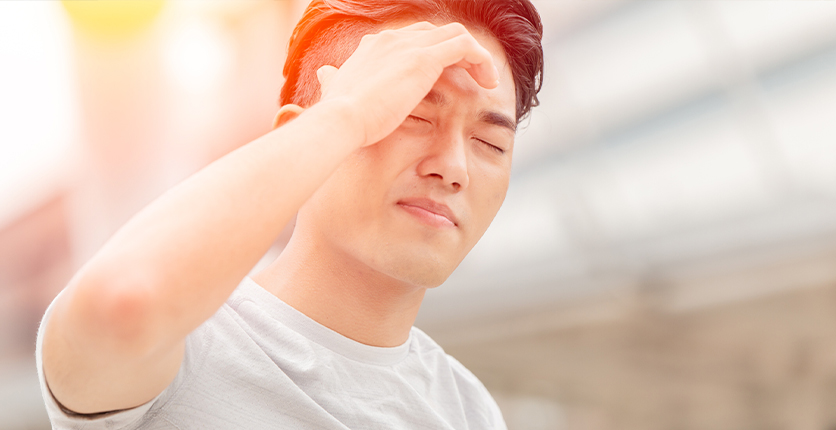
Q: What are some dangers or side-effects of dehydration?
Alicia: The human body is 70 per cent water, while 75 per cent of our muscles and 85 per cent of our brain is made up of water.
It’s no wonder, then, that dehydration can make us feel awful, often resulting in headaches, lethargy and forgetfulness. Dehydration in general can lead to a loss of strength and stamina. As you lose fluid, your blood becomes more concentrated, which makes your cardiovascular system work harder to efficiently pump blood around the body. A high blood concentration also makes your kidneys retain more water, which means that you urinate less.
Prolonged or repeated bouts of dehydration may cause urinary tract infections, kidney stones and even kidney failure.

Q: How can we tell if we’re dehydrated?
Alicia: How do you know if you’re drinking enough water? Generally, you should drink enough so that you urinate at least every four hours. Your urine should be clear. If it’s dark yellow, this means it’s concentrated and you’re probably dehydrated.
Other common signs of dehydration include:
- Dizziness
- Feeling thirsty
- Dry mouth
- Decreased urination
- Muscle weakness
- Fatigue
- Headache
- Nausea
- Diarrhoea
More severe symptoms will start to develop if you’re chronically dehydrated. Severe dehydration may present as a rapid heartbeat, fever, confusion, irritability and low blood pressure.
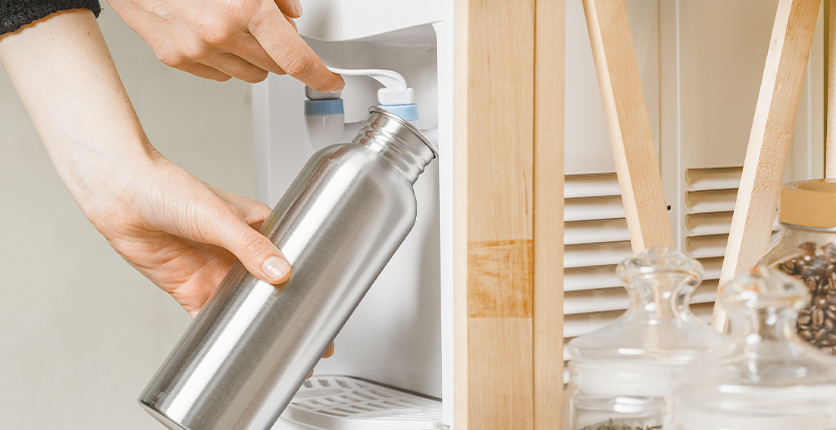
Q: What are some ways to “remember” to drink water throughout the day and stay adequately hydrated during the hotter months?
Alicia: Remembering to drink water can be tricky, especially when you’re balancing work, family and other responsibilities and are always on-the-go. Here are a few tips to maintain your fluid intake:
- Incorporate it into your daily routine: Begin your day by drinking a glass of water. This way it becomes part of your normal routine.
- Use hydration reminders: If you want to take your hydration up a notch, invest in wearables that track your progress and hydration levels.
- Create a visual reminder: Keep a water bottle at work and fill it up at the start of each work day. Seeing your water bottle will not only remind you to drink but also help you to measure how much water you’re consuming daily.
Make it easier to stay hydrated with a Ruhens Water Purifier. As part of the NS55 ‘We Support NS’ Special, SAFRA members receive $300 off the Ruhens V or $700 off the Ruhens Ice. More info at www.safra.sg/promotions/ruhens-ns55
Want more health articles like this, and other lifestyle content right in your inbox? Sign up for the eNSman Newsletter – you don’t need to be a SAFRA member to subscribe – and never miss another story!
